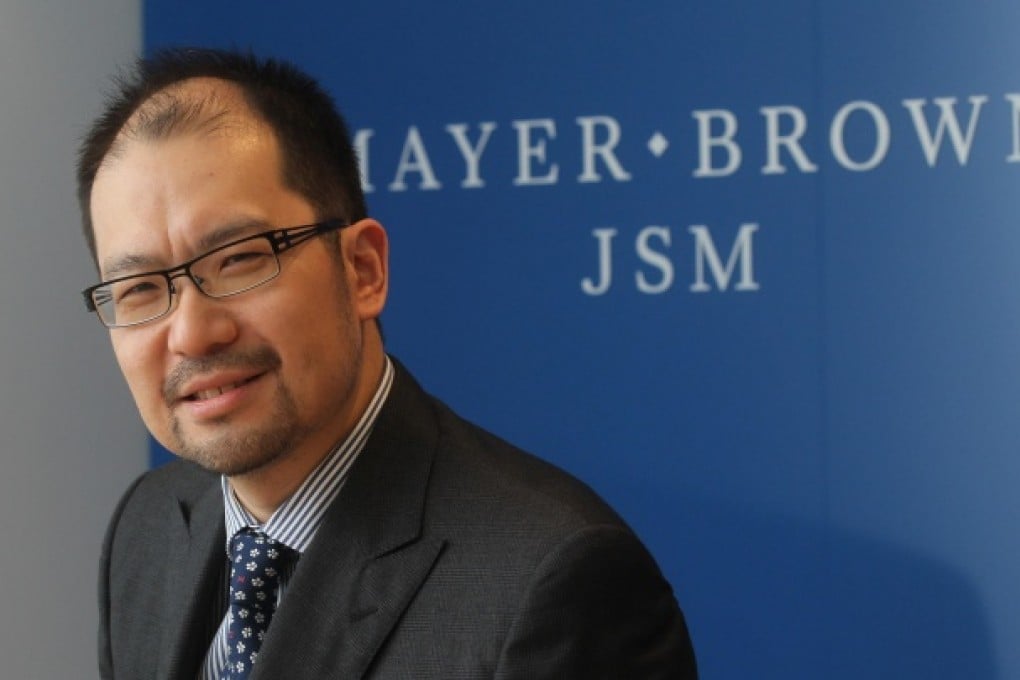Why wealthy Hong Kong parents could pay the price when offspring divorce
Third parties may be 'judiciously encouraged' to provide funding in event of a settlement

In the affluent sector of our community, many wealthy parents provide financial assistance to their adult children, ranging from the purchase of properties to providing continuous generous financial support.
The impact of third party or family financial assistance on such adult children in divorce proceedings was considered by the English court in a divorce case in the 1990s. The husband worked for the family business, earned a modest salary but maintained a lifestyle beyond his income. In assessing the husband's financial resources, the court noted it "should not be misled by appearances and should look at the reality of the situation".
As the husband enjoyed access to wealth but no absolute entitlement to it, the court "judiciously encouraged" third parties to provide the husband with the funding to meet the divorce settlement.
"Judicious encouragement" could apply where there is a family trust to benefit the children or where someone is dependent on the generosity of the family. The court might examine past distributions to decide whether trustees could make such distributions.
However, a judge in a more recent English case held that nothing could be done if the family, whether reasonably or not, refused payment.
"Judicious encouragement" has been recognised in Hong Kong since 2001. In a divorce that concerned a husband from a very prominent family, he received a modest salary from the family company and had no significant assets, yet the husband and wife enjoyed a luxurious lifestyle. The court, even though it accepted the husband's financial situation would not change in the foreseeable future, still awarded the wife a lump sum of HK$5 million and maintenance which would stop upon the lump sum payment. On appeal, the Court of Appeal recognised the notion of "judicious encouragement" and upheld the award. However, the wife never received the HK$5 million as the husband's father refused to provide funds and he was unable to obtain a bank loan.